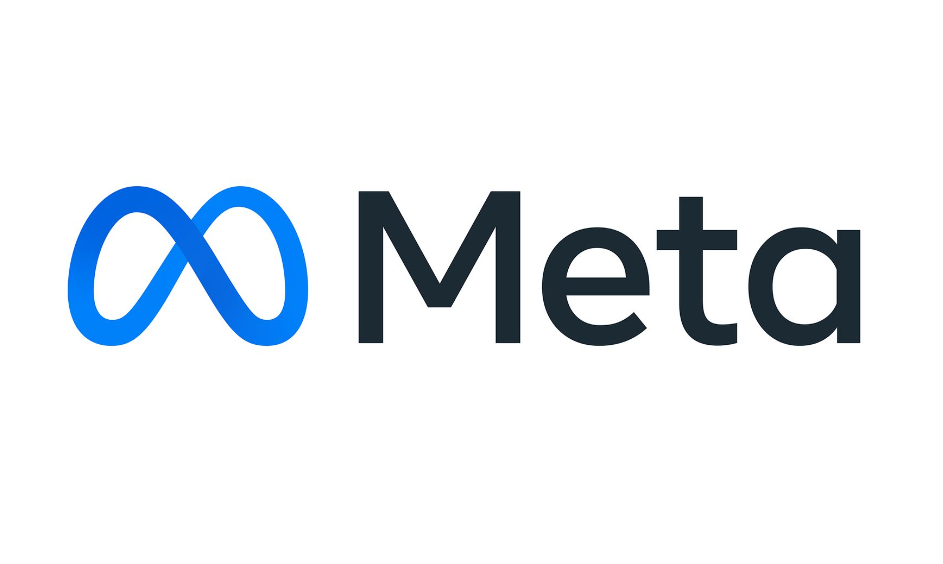Meta Splits AI Team to Boost Innovation Amid Rivalry
Meta is shaking up its artificial intelligence strategy by dividing its AI department into two distinct units, a move designed to sharpen its competitive edge in the fast-evolving AI landscape. The reorganization comes as tech giants like OpenAI, Google, and Anthropic push forward with groundbreaking advancements.

The new structure establishes an AI Product Team dedicated to enhancing consumer-facing features across Meta's platforms—Facebook, Instagram, and WhatsApp—alongside standalone AI applications. This team will work to integrate more sophisticated AI capabilities, aiming to deliver richer, more personalized user experiences.
Simultaneously, the AGI Foundation Unit will concentrate on long-term research goals, specifically advancing Meta's Llama model. As the backbone of Meta's generative AI efforts, Llama's continued improvement is critical for future product development. The unit's focus underscores Meta's commitment to foundational AI research while maintaining practical applications.
Why now? The tech industry's AI race shows no signs of slowing. Meta recently launched "Llama for Startups," a program encouraging emerging companies to build on its AI infrastructure. During April's LlamaCon event, Meta also signaled its readiness to challenge OpenAI directly.
Could this restructuring give Meta the agility it needs? By separating immediate product development from long-term research, the company hopes to streamline innovation while keeping pace with competitors. For users, the changes may soon translate into smarter social media interactions and cutting-edge AI tools.
Key Points
- Meta has split its AI division into two teams: one for consumer products and another for foundational research.
- The AI Product Team will enhance features across Facebook, Instagram, WhatsApp, and new standalone apps.
- The AGI Foundation Unit will refine Meta's Llama model to strengthen future AI capabilities.
- The reorganization reflects Meta's push to compete with OpenAI, Google, and other AI leaders.